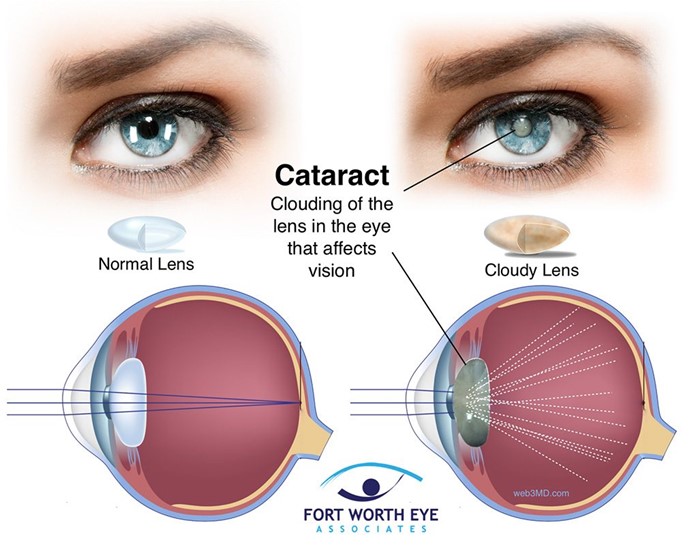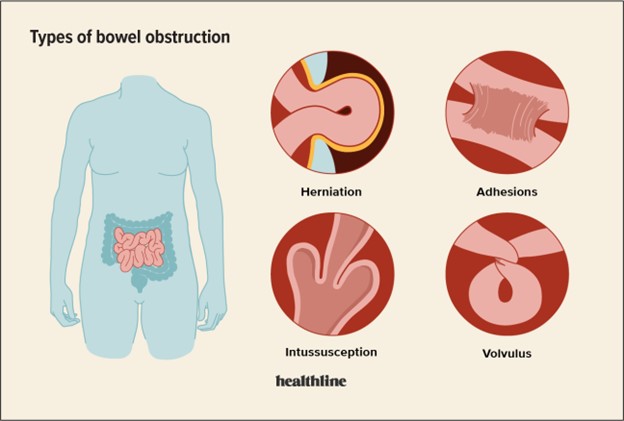A home health nurse is teaching an older adult client who just had cataract surgery. Which of the following instructions should the nurse include?
Rest in bed for at least 2 days.
Deep breathe and cough four times a day.
After two days, a creamy discharge is normal.
Keep your head up and straight.
The Correct Answer is D
Choice A reason: Resting in bed for at least 2 days is not necessary after cataract surgery. The client should resume normal activities as soon as possible, but avoid strenuous activities that increase intraocular pressure.
Choice B reason: Deep breathing and coughing four times a day are not related to cataract surgery. This is a technique to prevent respiratory complications after abdominal or thoracic surgery.
Choice C reason: After two days, a creamy discharge is not normal. This could indicate an infection or inflammation of the eye. The client should report any changes in vision, pain, redness, swelling, or discharge to the provider.
Choice D reason: Keeping the head up and straight is the correct instruction. This helps to prevent increased intraocular pressure and bleeding in the eye. The client should also avoid rubbing or touching the eye, wearing sunglasses to protect from bright light, and using prescribed eye drops as directed.

Nursing Test Bank
Naxlex Comprehensive Predictor Exams
Related Questions
Correct Answer is D
Explanation
Choice A Reason: Colorectal cancer is not likely to cause nausea with projectile vomiting or high-pitched sounds in the left upper quadrant. Colorectal cancer may cause symptoms such as rectal bleeding, change in bowel habits, abdominal pain, or weight loss.
Choice B Reason: Paralytic ileus is a condition where the bowel stops working and does not contract or move food along. Paralytic ileus may cause symptoms such as abdominal distension, absence of bowel sounds, constipation, or vomiting.
Choice C Reason: Large bowel obstruction is a blockage of the colon or rectum that prevents the passage of stool. Large bowel obstruction may cause symptoms such as abdominal distension, low-pitched sounds in the right lower quadrant, constipation, or ribbon-like stools.
Choice D Reason: Small bowel obstruction is a blockage of the small intestine that prevents the passage of food and fluids. Small bowel obstruction may cause symptoms such as nausea with projectile vomiting, high-pitched sounds in the left upper quadrant, abdominal cramps, or dehydration.

Correct Answer is ["D","E"]
Explanation
Choice A Reason: This choice is incorrect. Placing the client into a supine position is not an action that the nurse should take, as it can compromise the airway and increase the risk of aspiration. The nurse should position the client on their side with their head tilted slightly forward to allow saliva and secretions to drain out of their mouth.
Choice B Reason: This choice is incorrect. Applying restraints is not an action that the nurse should take, as it can cause injury and increase agitation. The nurse should protect the client from harm by removing any objects or furniture that may cause harm and padding any hard surfaces with blankets or pillows.
Choice C Reason: This choice is incorrect. Inserting a bite stick into the client's mouth is not an action that the nurse should take, as it can cause injury and obstruction. The nurse should never force anything into the client's mouth during a seizure, as it can damage their teeth, gums, tongue, or jaw.
Choice D Reason: This is a correct choice. Loosening restrictive clothing is an action that the nurse should take, as it can improve breathing and circulation. The nurse should unbutton any tight collars, belts, or ties that may constrict the chest or neck.
Choice E Reason: This is a correct choice. Placing a pillow under the client's head is an action that the nurse should take, as it can prevent injury and provide comfort. The nurse should support the client's head with a soft pillow or cushion to prevent hitting it against any hard surfaces.

Whether you are a student looking to ace your exams or a practicing nurse seeking to enhance your expertise , our nursing education contents will empower you with the confidence and competence to make a difference in the lives of patients and become a respected leader in the healthcare field.
Visit Naxlex, invest in your future and unlock endless possibilities with our unparalleled nursing education contents today
Report Wrong Answer on the Current Question
Do you disagree with the answer? If yes, what is your expected answer? Explain.
Kindly be descriptive with the issue you are facing.
